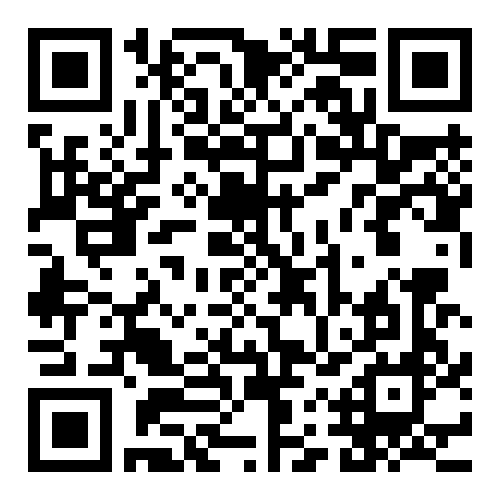Details of Dengue Profile
Dengue Antigen (NS1)
The Dengue Antigen (NS1) test is a diagnostic tool used to detect the presence of the NS1 protein, which is produced by the dengue virus during the early stages of infection. This non-structural protein can be found in the blood within the first few days after the onset of symptoms, making the NS1 test particularly useful for early diagnosis of dengue fever. Unlike antibody tests, which may take longer to become positive, the NS1 test allows for timely identification of the disease, enabling prompt medical intervention. Early detection is crucial in managing dengue, as it can help monitor the progression of the disease and prevent severe complications. The NS1 antigen test is often used in conjunction with other diagnostic methods to confirm dengue infection and guide treatment decisions.
Dengue Virus Antibody IgG
The Dengue Virus Antibody IgG test is a serological assay used to detect the presence of IgG antibodies in the blood, indicating past exposure to the dengue virus. Unlike IgM antibodies, which signal a recent infection, IgG antibodies typically develop later and can remain in the body for months to years. A positive IgG result suggests that the individual has been infected with the dengue virus at some point, providing insight into their immune status and potential risk of severe disease upon subsequent infections. This test is particularly valuable in areas where dengue is endemic, helping healthcare providers assess a patient's history of dengue infection and guide clinical decisions. However, it is important to interpret IgG results in conjunction with clinical symptoms and other diagnostic tests, as cross-reactivity with other flaviviruses can occur.
Dengue Virus Antibody IgM
The Dengue Virus Antibody IgM test is a critical diagnostic tool used to identify recent infections with the dengue virus. IgM antibodies typically appear in the bloodstream within a few days after the onset of symptoms, peaking around one to two weeks later. A positive IgM result indicates an active or recent dengue infection, helping clinicians differentiate dengue from other febrile illnesses. This test is particularly valuable during outbreaks or in endemic regions, as it aids in the timely diagnosis and management of dengue fever. However, it’s important to consider the timing of the test and to interpret results in conjunction with clinical findings and other diagnostic methods, as false positives can occur due to cross-reactivity with antibodies from other viral infections.
Complete Blood Count ( CBC )
A Complete Blood Count (CBC) is a comprehensive blood test that provides essential information about your overall health and helps diagnose various medical conditions. It measures several key components, including red blood cells (RBCs), which transport oxygen; hemoglobin (Hgb), the protein in RBCs that carries oxygen; and hematocrit (Hct), which indicates the proportion of blood composed of red cells. The CBC also counts white blood cells (WBCs), crucial for immune response, and platelets, which are vital for blood clotting. Additionally, the test includes indices like mean corpuscular volume (MCV) and red cell distribution width (RDW), which aid in classifying different types of anemia. By analyzing these components, a CBC can identify conditions such as anemia, infections, and blood disorders, making it a valuable tool for routine health assessments and disease monitoring.
Urine Complete Analysis
A Urine Complete Analysis , is a comprehensive test that evaluates the physical, chemical, and microscopic properties of urine to assess overall health and detect various medical conditions. The physical examination includes assessing urine color, clarity, and odor, which can provide initial insights into hydration status and potential infections. The chemical analysis measures substances like pH, glucose, protein, and ketones; for instance, the presence of glucose may indicate diabetes, while elevated protein levels can suggest kidney disease. The microscopic examination looks for red and white blood cells, bacteria, crystals, and casts, each of which can indicate specific health issues such as urinary tract infections or kidney disorders. By combining these evaluations, a urine complete analysis serves as a valuable diagnostic tool, helping healthcare providers identify underlying health problems, monitor chronic conditions, and guide treatment decisions effectively.

